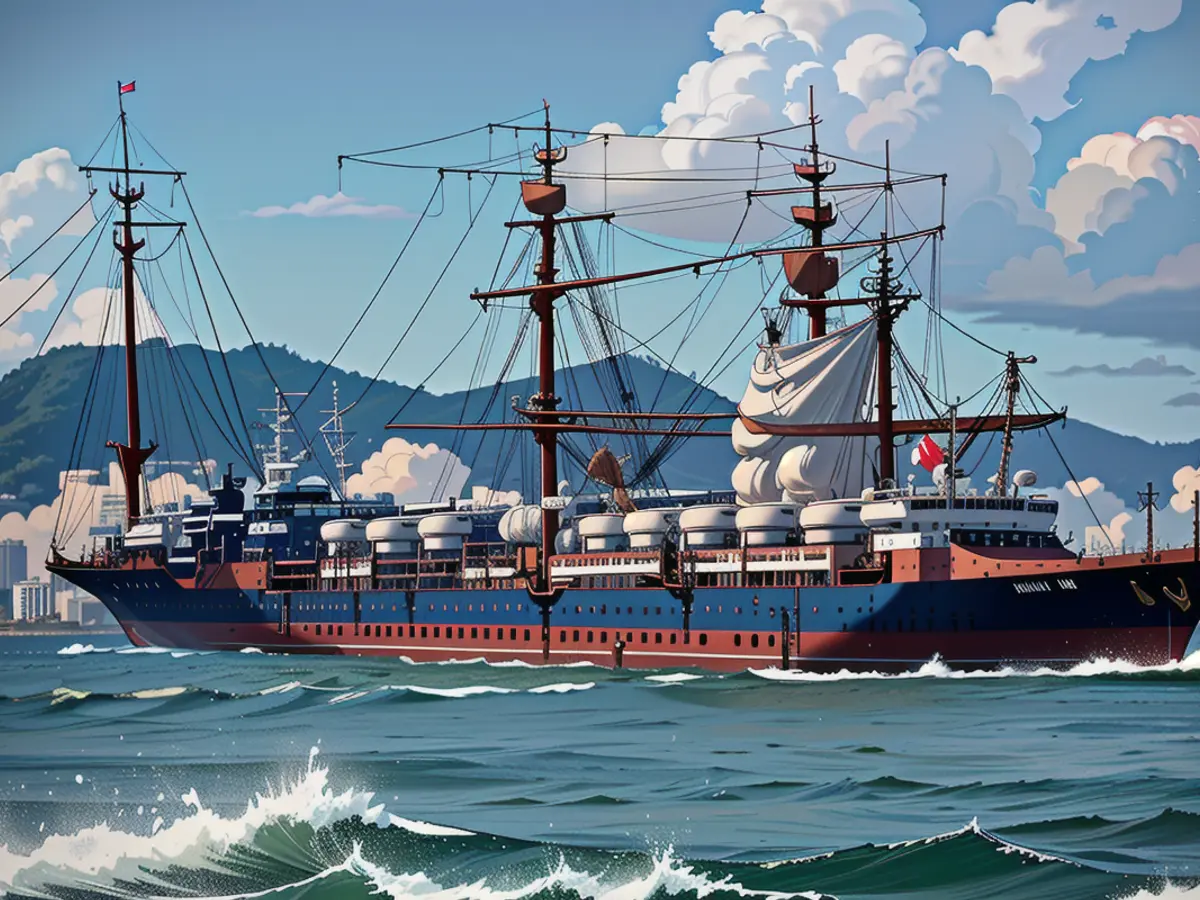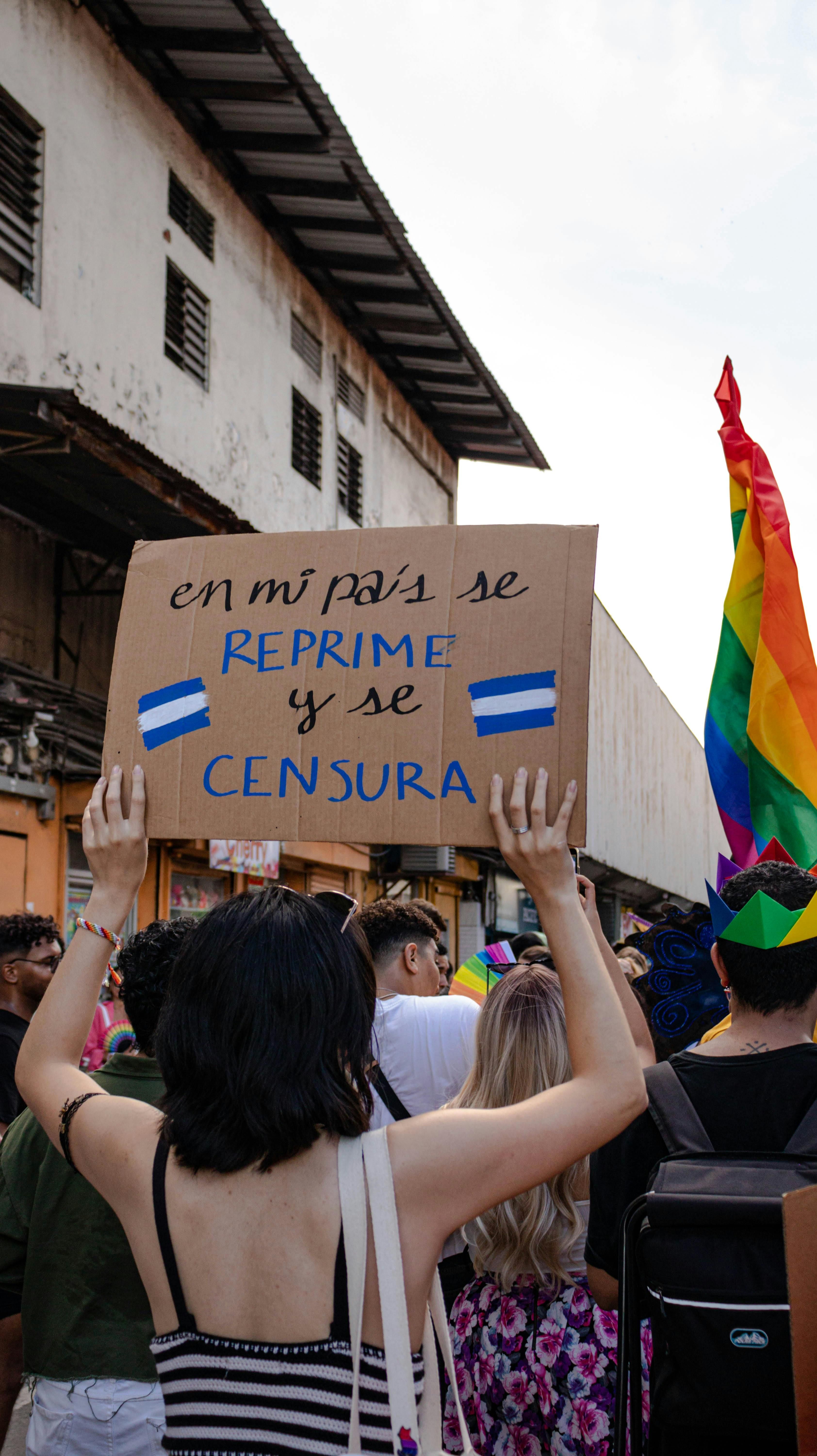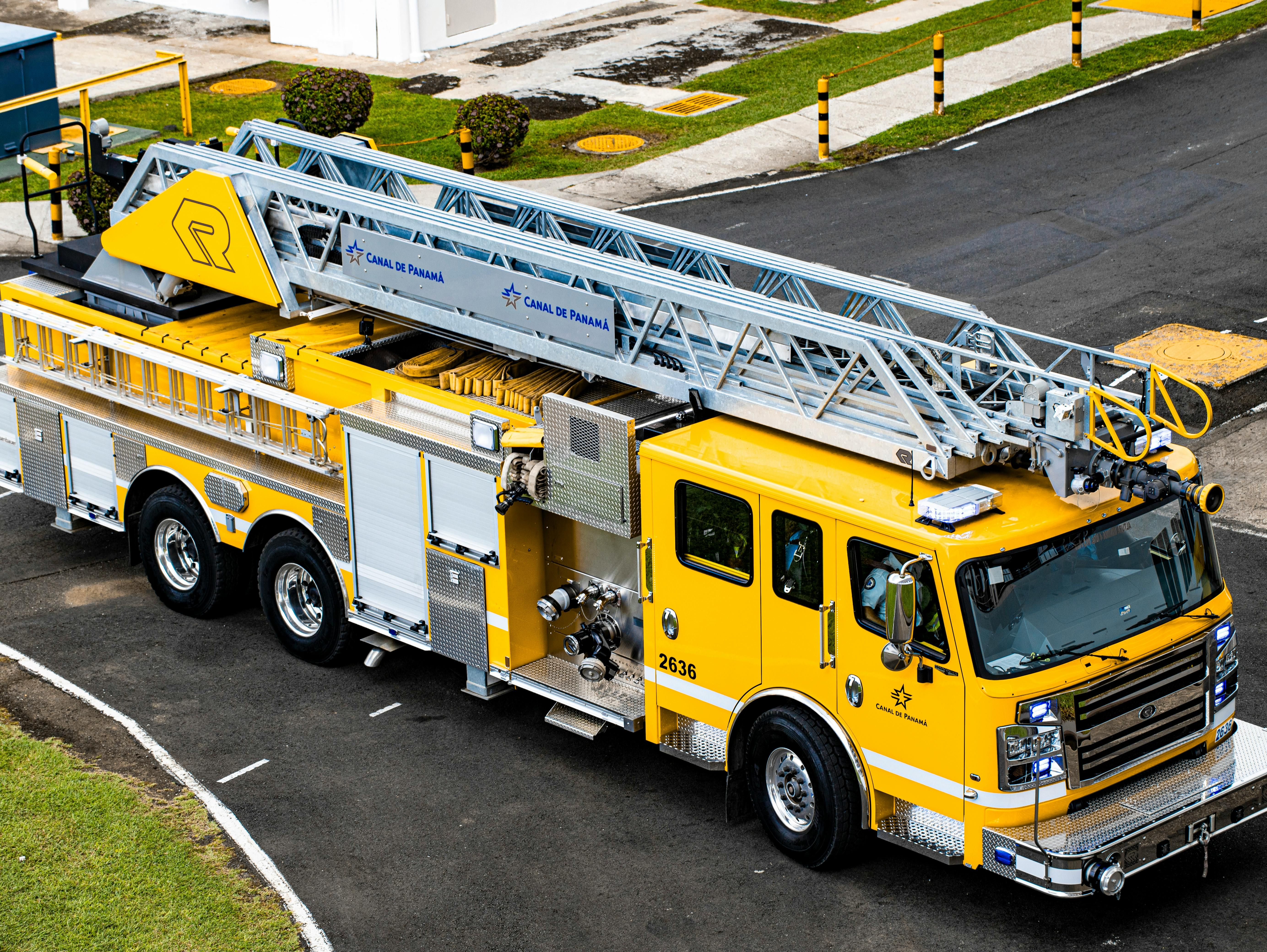Beijing fiercely counters Hegseth's remarks about the Panama Canal, denouncing them as threats
Shedding Light on Panama Canal Tensions
In a heated turn of events, US Defense Secretary Pete Hegseth declared this week that the Panama Canal faces ongoing threats from China. However, Panama and the US assert that they will work together to ensure its security.
Hegseth's remarks sparked a fiery response from the Chinese government, commenting: "The real threat to the Canal? People will make their own call."
During a ribbon-cutting ceremony at the Vasco Nuñez de Balboa Naval Base, following a meeting with Panama President José Raúl Mulino, Hegseth emphasized that the US will not allow China or any other nation to jeopardize the canal's operation.
"In recent weeks, the United States and Panama have made great strides in enhancing our defense and security cooperation," Hegseth stated.
The concerns surrounding China stem from ports at either end of the canal controlled by a Hong Kong consortium. These ports are currently in the process of being sold, with BlackRock Inc. set to become a part of the new consortium.
"China-based companies continue to have a grasp on crucial infrastructure in the canal area," Hegseth pointed out. "This provides China the potential to execute surveillance activities within Panama and, in turn, threaten both nations' security and sovereignty."
After their meeting, Hegseth and Mulino released a joint statement vaguely outlining plans to address the tolls the US pays for its vessels crossing the canal. While the details remain unclear, the Chinese Embassy in Panama swiftly spoke out against the US, accusing them of employing "blackmail" to further their interests.

Amidst these tensions, it is essential to acknowledge that Trump has been vocal about alleging that the US is overcharged to use the Panama Canal and that China wields control over its operations—assertions that Panama has denied.
The ongoing issue between US and China is further complicated by recent discoveries of irregularities within CK Hutchison's lease for the Panamanian ports. Although the Panamanian government announced an audit into the lease, CK Hutchison has plans to sell its majority stake, potentially placing the ports under American control.
U.S. Secretary of State Marco Rubio warned Mulino during a recent visit that China's presence in the canal area may violate a treaty that granted Panama control in 1999. However, Mulino has repeatedly denied China's influence on the canal's operations.
It is worth noting that the US initially constructed the canal in the early 1900s for easier transportation of commercial and military vessels between its coasts. The US relinquished control to Panama on December 31, 1999, as stipulated by the treaty signed by President Jimmy Carter in 1977.
During Tuesday's meeting, Mulino expressed that he found it an honor working alongside Hegseth, emphasizing the positive impact on both countries through increased security cooperation.
Although the details are still murky, one fact remains clear: the tensions between the US and China over the Panama Canal will continue to be a significant geopolitical issue in the months to come.
- World attention is focused on the Americas, as tensions between the United States and China over the Panama Canal are expected to persist up to 2025, alluding to potential alterations in the controlling consortium.
- With China's possible influence and the US's concerns over vital infrastructure, the availability of port facilities in the Panama Canal area is a matter of global security and sovereignty for both nations.
- Amidst the ongoing negotiations and geopolitical maneuvering, it is evident that the Panama Canal's security and tolls will be crucial factors in the conduct of bilateral relations between the United States and Panama, moving forward into the future.









